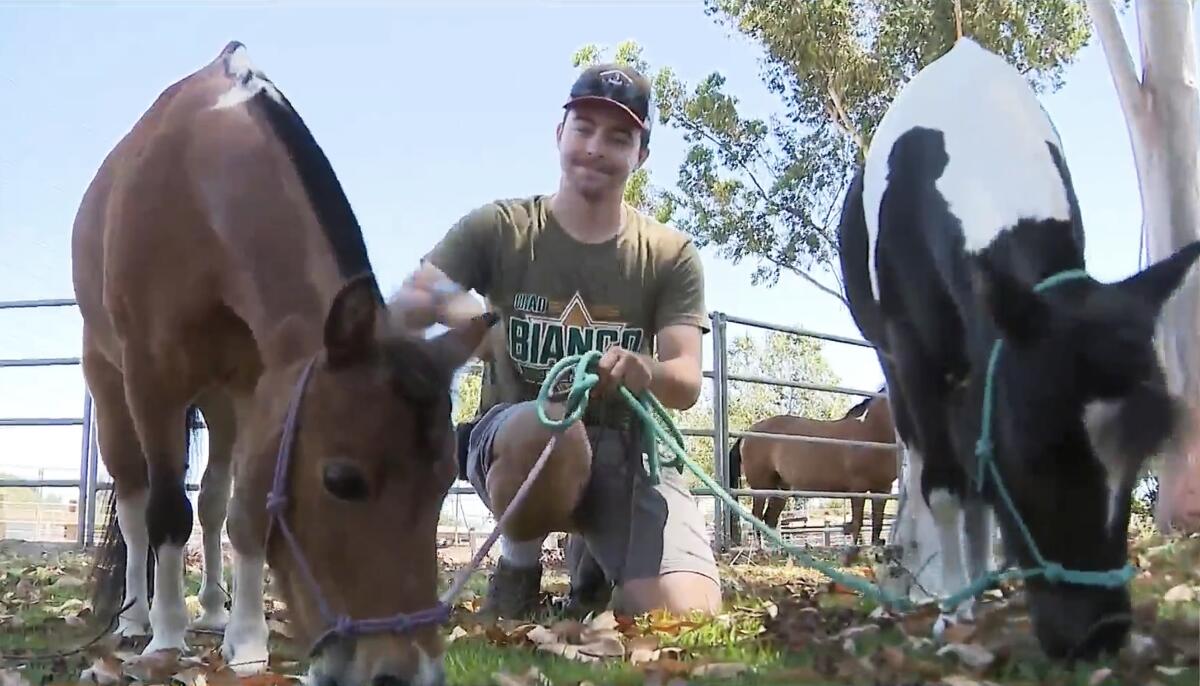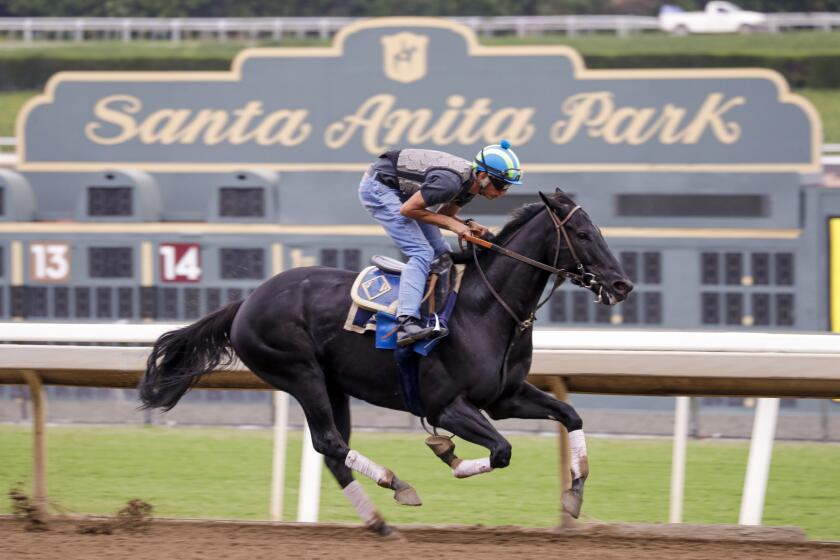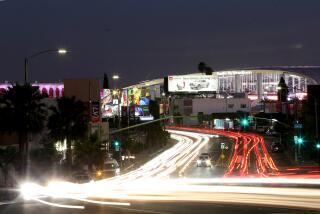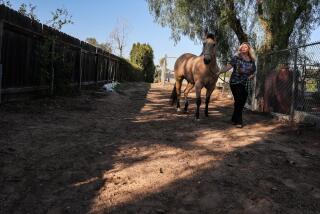Lakewood Equestrian Center is bleeding money. Can supporters keep it open?

Deeply in the red and in dire need of expensive improvements, the venerable Lakewood Equestrian Center may still find a way to endure — although probably not at its current size.
The Lakewood City Council was poised to pull the plug on the home of more than 100 horses in June, but after three hours of input from a capacity crowd of the center’s supporters, the council decided to take one more stab at finding a way to keep it open. The council gave its staff 60 days to draft a plan for a smaller, more sustainable version of the facility.
Now occupying 19 acres, the center made its debut in the early 1950s as Spiller’s Stable. It currently acts as a boarding house and training center for horses as well as a space for riding lessons. Five days a week, the center operates a petting zoo and offers pony rides to the public.
Some of the center’s four-legged residents are close to retirement or are retired, including Jennifer Meeker’s 31-year-old horse, Promise.
Meeker is a Long Beach resident who has two horses boarded at the center, Promise and 7-year-old Frankie.
They’re just two of the 112 horses boarded in stalls on a monthly basis; the facility can hold nearly 100 more. Most of the current occupants’ owners, like Meeker, are from out of town — only 16 belong to owners with Lakewood addresses.
And like Meeker, many of them are worried about the fate of the center.
Q&A with Aidan Butler, the CEO of 1/ST Racing, who answers questions concerning the future of Santa Anita Park. How long can it survive losing money?
The city owns half of the land occupied by the center, with the other half belonging to Southern California Edison. One family operated the center from 1987 until 2019, and since then the city has been “unable to find any willing or able to invest in the facility and operate it in line with state and federal regulations,” the city said in a statement.
Toward the end of 2023 the city took over the center’s operations, whose expenses have far outpaced their revenue. According to a city staff report, the center is expected to lose more than $175,000 in the current fiscal year, then more than $500,000 over the next two years.
The report also found that the city budget could fund horse boarding and riding activities, but it could not fund several necessary improvement projects or a full-time facility staff.
All told, the facility needs $6 million in repairs and capital improvements to keep it functional. Among the necessary projects: Eight of the nine arenas on the property need ground work because they haven’t been repaired since 2019, raising the risk that horses could trip and fall.
During a special meeting June 25, the Lakewood City Council considered proposals from staff for reimagining the facility space, removing the horse boarding and training (but not the petting zoo and pony rides) and instead creating paths to a nature trail, Rynerson Park and the San Gabriel River bike path. City staff also tossed out the idea of using the space for pickleball courts or a skate park.
But supporters of the center launched an online petition that garnered nearly 4,000 signatures in opposition to the closure of the horse boarding amenities.
Proponents of the development in Studio City say it would bring much-needed affordable housing. Opponents say the developers have not sufficiently weighed the project’s impacts and that it would erase an important piece of history.
After a lively discussion and 54 public commenters making the case to keep the entire facility in place, the council agreed to explore a scaled-back center confined just to city property.
The city is looking to exclude Southern California Edison’s land because the utility can revoke the use of its land at any time.
In its statement, the city said Edison’s lease terms would hamper long-term planning and improvement for the facility.
At the end of 60 days, if a viable plan is developed that could garner the interest of an entity that can afford to make the necessary improvements, the council would prepare a request for a proposal to seek a new long-term operator, the city statement said.
Meeker said proposals will be presented by a working group that includes stakeholders and residents. A second community group also is coming together to create proposals for the city to consider, she said.
“I’m hoping that the City Council is realizing that not just Lakewood but also the surrounding gateway cities and those residents who don’t have access to [these services] anywhere else are also very much opposed to the closure of the Lakewood Equestrian Center,” she said.
Alexa Rodell, a social worker and psychotherapist, has started a GoFundMe page to raise money to develop proposals for the city to consider that would continue operating the center and its services.
With Olympic events planned at the Convention Center, city leaders want to use the Games as an impetus for construction that could ultimately cost billions.
Prior to boarding her horses at the Lakewood facility, Meeker said, she boarded them in Rancho Palos Verdes, a 1½-hour drive from her home.
When the owner of the stable where Promise was boarded decided to retire, Meeker was left searching for options closer to home, which were limited.
She found the Lakewood Equestrian Center in 2017. She said it was only three miles away from her residence and the most welcoming community.
“I remember walking up to the stall one night and there was horse cookies taped to my stall with a welcome note to me and Promise,” she said.
The center benefits nonowners too in ways that are hard to quantify, Meeker said, noting how members of the public come in just to observe the horse trainers, and how riders will welcome people to pet their horses. She said she hopes the city will bring in programs, activities or services that will attract more of the public to the center and generate more revenue to keep the facility running.
More to Read
Sign up for Essential California
The most important California stories and recommendations in your inbox every morning.
You may occasionally receive promotional content from the Los Angeles Times.













